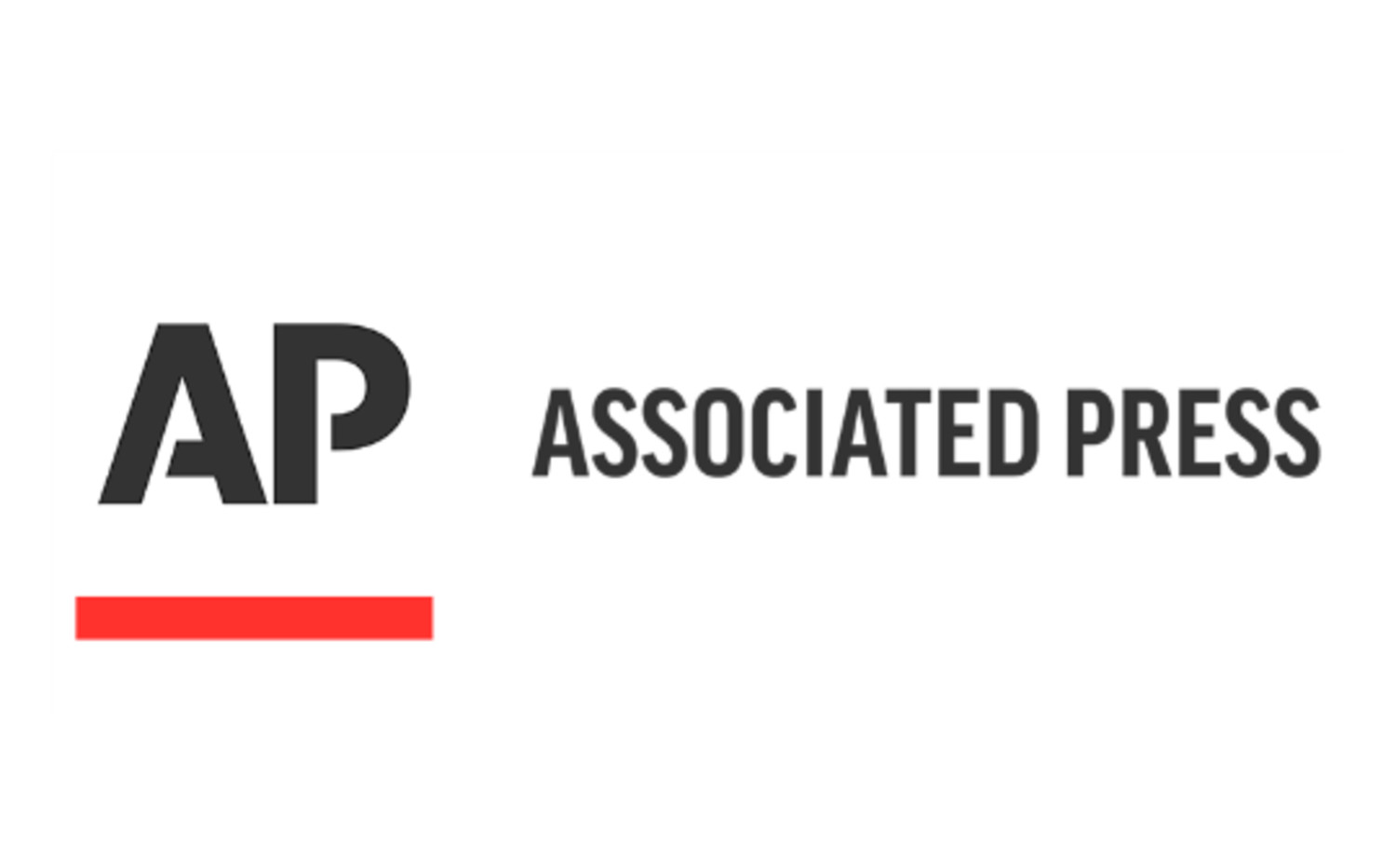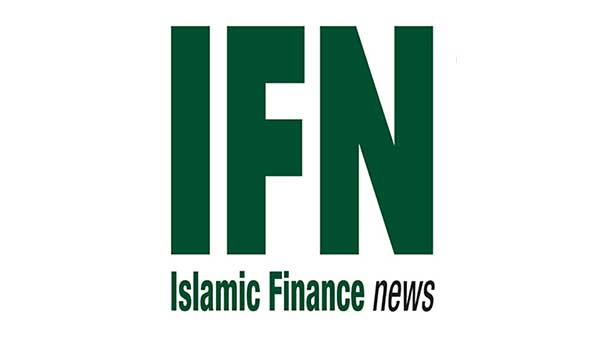Principles of Islamic Finance
Muslims generally view Islamic banking to simply mean that banks should not provide interest (riba). While this is somewhat true, it is only a small part of what it actually is. Islamic finance can instead be considered as an ethical alternative to conventional financial standards. At its core, Islamic finance sets out principles designed to protect people from engaging in transactions that would harm their communities in the long term e.g. excessive risk. This has resulted in strong demand for Islamic financial products, both from Muslims and non-Muslims, given it is essentially an ESG minded financial solution.
Most financial products can actually be restructured to adhere to Islamic financial principals (e.g. halal mortgages). Islamic scholars use the six guiding principles explained below in order to determine whether a financial product is compatible with Islamic financial standards, and hence whether Muslims should use said financial product. All the products that Fardows offers such as its halal bank accounts, halal mortgages and halal loans, adhere to these principles.
Incentives
Incentives of all parties in a transaction should be aligned through risk sharing. Transactions where one party gains at the expense of the other are therefore not allowed e.g. fixed returns or excessive collateral. This means products such as short selling and traditional forms of insurance are not allowed. There exist halal alternatives for traditional insurances called Takaful insurance.
Interest
Return on money should be based on equity/asset performance and hence can not be fixed. This is because Islam does not recognize money as an asset but rather just a medium of exchange. Fixed interest products such as bonds and most conventional loans are therefore not permitted. Halal loans do exist and are very commonly used such as Sukuks and Murabaha loans.
Society
Transactions should result in a net benefit to society as a whole and need to take into account relevant stakeholders. Investments with net negative societal impact e.g massive deforestation are not allowed. This principle is what causes people from all faiths to subscribe to Islamic investments and halal funds due to its core ESG features. Fardows follows this principle and is actively involved in community projects offering cheap halal loans in the US.
Exploitation
All parties within a transaction need to be treated ethically and equitably. Projects that are abusive to certain groups are not allowed e.g. project using child labor. This is another feature of Islamic Finance that makes it attractive to ethical minded investors. When investing in Islamic certified investments, such as the ones Fardows provides, people can be assured their money is being properly used.
Gambling
Transactions must be taken based on calculated risks and can not involve pure luck or unreasonable levels of speculation. Gambling is therefore not allowed in Islamic Finance. This feature of Islamic finance helps people build long term wealth and reduces people’s chances of going into financial distress.
Industries
No transactions can occur in industries that do not serve societal interests. Investments in Narcotics, Alcohol, Cigarettes, Gambling and Armaments are therefore not allowed. This is not only beneficial for banks given that it gives them peace of mind in regards to compliance, but it is also socially responsible.
If you have any questions about Islamic Finance or are looking to get halal loans, halal mortgages, or halal investments please contact Fardows.



